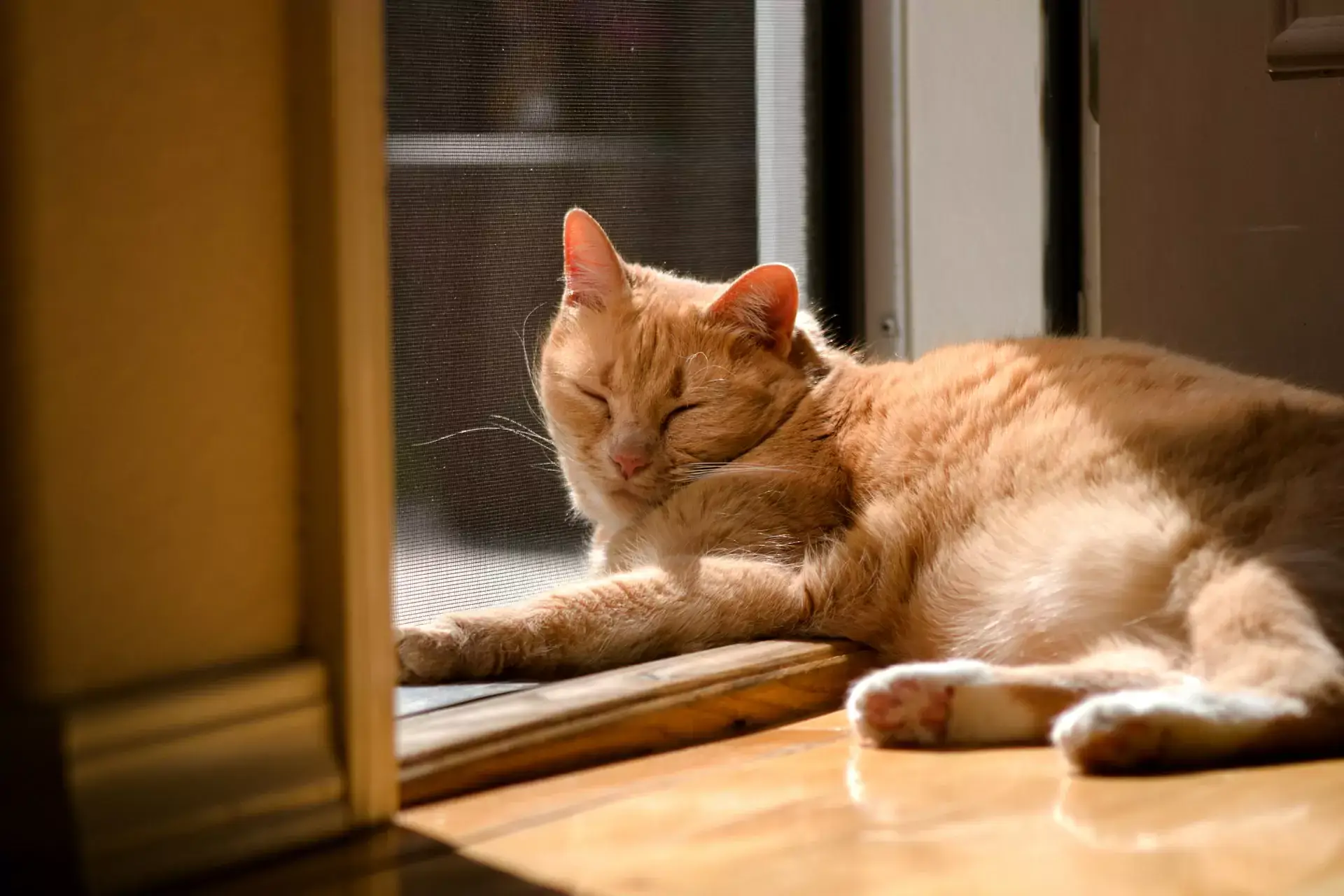Senior Dog Care Tips
November is Adopt A Senior Dog Month! It’s always very sad to see older pooches in shelters. Not only are they often very sad, scared, and confused, they also have a hard time getting adopted, as they can’t compete with puppies and kittens. If you’re bringing one of these lovable older pups into your home, you definitely have our blessing! Read on for some great senior dog care tips from a Fort Myers, FL veterinarian.
Keep Fido Active
Your dog will slow down as he ages, but don’t let him become a complete couch potato. Your furry pal will still need some activity to stay healthy. For most pups, a daily walk or two will suffice. If Fido enjoys the water, he may also like swimming. Just take care not to overexert your canine buddy. It’s also important to stick with safe, suitable activities. (Note: Dogs in their golden years should not be encouraged to jump or stand on their hind legs, as it’s too hard on their bones.)
Visit The Vet Regularly
Just like people, pets often need to visit their doctors more often as they grow older. Regular blood tests and screenings become crucial at this stage, as they can reveal medical issues that are just starting to develop.
At home, keep an eye out for signs of illness. Some things to look for include lack of appetite, limping, lethargy, increased thirst, changes in waste, vomiting, diarrhea, skin issues, lesions, respiratory distress, and clouded, watery, or sunken eyes. Call your vet right away if you notice anything that seems off.
Provide Doggy Comforts
Keeping Fido comfortable is more important than entertaining him at this stage. Things like thick beds, good grooming, pet ramps or slings, and elevated dishes can all make a huge difference. Ask your vet for more information.
Do Some Breed Research
Fido’s breed may really come into play as he ages, as certain breeds are more predisposed to specific health conditions. If you aren’t sure what type of pooch Fido is, consider doing a doggy DNA test.
Love
Older dogs can actually make the best pets. They’re just very sweet and lovable, and only want someone to love them and give them belly rubs. Savor the time you have with your canine companion!
Our Advice on Senior Dog Care Tips in 2025
Why is exercise still important for older dogs?
Exercise remains crucial for older dogs to maintain their overall health and well-being. While they may slow down with age, regular physical activity helps prevent obesity, maintains joint flexibility, and strengthens muscles. Daily walks or gentle swimming sessions support cardiovascular health and mental stimulation. However, it’s essential to tailor exercise to each dog’s individual needs, avoiding activities that strain their aging bodies. Consistent, moderate exercise enhances their quality of life, promotes longevity, and fosters a strong bond between the dog and owner.
How can you make your senior dog more comfortable?
To make your senior dog more comfortable, focus on providing supportive amenities. Offer a thick, orthopedic bed to cushion achy joints and ensure restful sleep. Regular grooming helps maintain coat health and prevents skin issues. Consider installing pet ramps or slings to assist with mobility, especially for accessing elevated areas or vehicles. Elevated food and water dishes reduce strain while eating. Lastly, prioritize your dog’s comfort over entertainment, offering plenty of affection, gentle exercise, and a calm, stress-free environment. Consulting with your veterinarian can provide tailored advice for addressing your senior dog’s specific needs and enhancing their overall comfort and well-being.
What are the most common health problems that develop in senior dogs?
Common health problems in senior dogs include arthritis, dental disease, obesity, cancer, kidney disease, heart disease, cognitive dysfunction (similar to Alzheimer’s in humans), and vision/hearing loss. Regular veterinary check-ups, especially as dogs age, can help detect and manage these conditions early. At our veterinary clinic in Wickenburg, AZ, we specialize in senior dog care, offering comprehensive exams, diagnostic screenings, and personalized treatment plans to address age-related health concerns. Visit us today to ensure your beloved senior dog enjoys a happy, healthy life in their golden years.
How can you tell if your senior dog is in pain?
Signs of pain in senior dogs include decreased activity, reluctance to move or exercise, changes in appetite or drinking habits, excessive panting, restlessness, licking or chewing at specific areas, vocalizations, changes in posture or gait, and altered behavior such as aggression or withdrawal. Additionally, watch for signs of discomfort during physical examination, such as flinching, yelping, or guarding certain body parts. Regular veterinary check-ups and screenings can help detect pain early and develop appropriate management strategies to ensure your senior dog’s comfort and well-being.
How will you know when your dog’s quality of life is declining?
You’ll notice a decline in your dog’s quality of life through various signs, including decreased appetite, weight loss, difficulty breathing, mobility issues, incontinence, persistent pain, lethargy, withdrawal from social interaction, and disinterest in activities they once enjoyed. Additionally, pay attention to changes in behavior or mood, such as increased agitation, anxiety, or depression. Regular veterinary assessments can help evaluate your dog’s overall well-being and guide decisions regarding their care and quality of life. If you have concerns about your dog’s health or quality of life, contact our veterinary clinic in Wickenburg, AZ, for personalized assistance and support.
Do you have questions about caring for a senior pet? Contact us, your Fort Myers, FL clinic, today!





